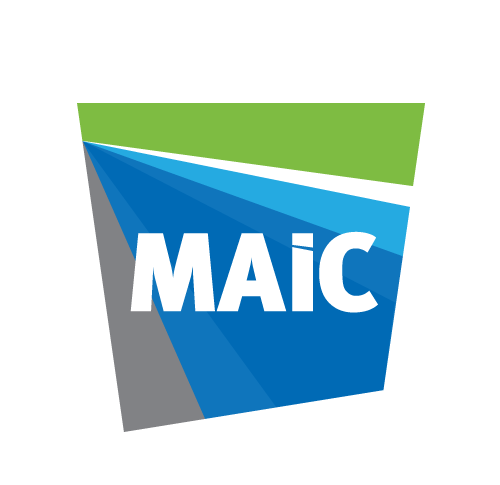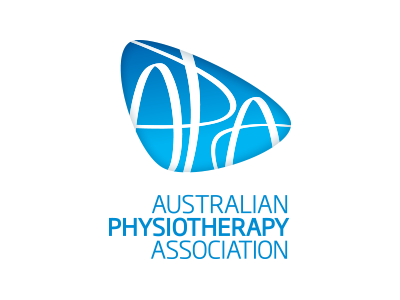Each year more than 100,000 Australians experience a road traffic injury, the majority (75 percent) are considered non-catastrophic neck and back injuries. Up to 50 percent of people do not recover but develop chronic pain (pain that persists more than 3 months). This represents a significant health burden for Australia.
A biopsychosocial approach to care is recommended, and our previous clinical trial showed that when physiotherapists include psychological strategies as part of their treatment (StressModex intervention), recovery improves. However, this approach is not used routinely in Australia, with a major barrier being limited training and lack confidence of physiotherapists to deliver psychological care.
Our earlier clinical trial of StressModex showed that 2 days in-person training improved patient outcomes. In-person training is difficult to scale, limiting widespread implementation and sustainable change in clinical practice. To address this barrier, with our partners, we developed a novel online implementation strategy: Physiotherapists bIopsyChosocial Online Training (PICOT) to implement the StressModex intervention.

Interested about this Clinical Trial? Whether you are a patient or healthcare professional, feel free to contact us.

Funded by the Medical Research Future Fund, Professor Michele Sterling and team will compare the effectiveness of in-person training versus an online training program for physiotherapists delivering the StressModex intervention to people suffering from non-catastrophic road traffic injury. The main aims are to compare the:
- Effectiveness of the two implementation strategies (in-person training versus PICOT) for the delivery of StressModex in routine physiotherapy practice;
- Effectiveness of the two implementation strategies on patient outcomes; and
- Cost-effectiveness of the two implementation strategies.
The PICOT trial's set-up is well underway and we've completed the following milestones:
- Ethics approval
- Protocol
- Governance
- Consumer Advisory Group
- Redcap database
- Training curriculum
- Physiotherapist clinic recruitment
- Physiotherapist training of StressModex
Approximately 36 physiotherapy clinics across all Australian states and the Australian Capital Territory are taking part in this trial. Physiotherapists completed their training as of April 2025 and have begun delivering StressModex to clients at their respective clinics.
To do:
- Longitudinal data and clinical notes collection
- Data analysis
- Publications
Coordinating Principal Investigator
Professor Michele Sterling, The University of Queensland
Clinical Trial Coordinators
Dr Yanfei Xie, The University of Queensland
Dr Christopher Papic, The University of Queensland
Chief Investigators
Professor Michele Sterling, The University of Queensland
Dr Rachel Elphinston, The University of Queensland
Dr Roma Forbes, The University of Queensland
Professor Nadine Foster, The University of Queensland/STARS Research and Education Alliance
Associate Professor Jason Lodge, The University of Queensland
Dr Johanna Lynch, The University of Queensland
Associate Professor Shaun O'Leary, The University of Queensland
Dr Kerry Peek, The University of Sydney
Dr Jenny Setchell, The University of Queensland
Professor Helen Slater, Curtin University
Dr Julia Treleaven, The University of Queensland
Associate Professor Haitham Tuffaha, The University of Queensland
Associate Investigators
Tim Austin, The University of Sydney
David Brentnall, Axis Rehab
Professor Simon French, Macquarie University
Dr Kerrie Evans, The University of Sydney/Allsports Physiotherapy
Professor Michael Nicholas, Northern Sydney Local Health District
Professor Trudy Rebbeck, The University of Sydney
Professor Robert Ware, Griffith University
Research Assistants
Ms Chloe-Emily Eather, The University of Queensland
Mr Thomas Warner, The University of Queensland
Data Manager
Ms Maryrose Malt, The University of Queensland
Trial Administrator
Dr William McCann, The University of Queensland
Need to find a StressModex-trained physiotherapist?
There are 34 physiotherapist clinics in Australia with just under 100 physiotherapists trained in StressModex. View the list of clinics by State and Territory using the button below:
Experienced a Road Traffic Injury?
If you've recently had a road traffic injury with suspected whiplash or neck/back pain, contact a participating physiotherapy clinic for assessment and evidence-based StressModex treatment.
Physiotherapist wanting to join the PICOT Trial?
Want to be trained in implementing integrated psychological and physical care for road traffic injuries? Contact us.
Funding Partners
|
|
|
|
|





